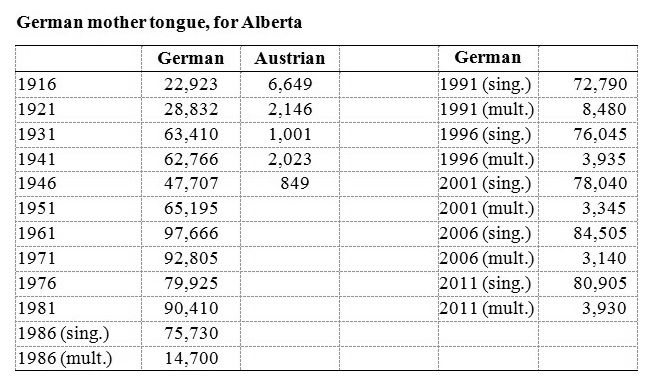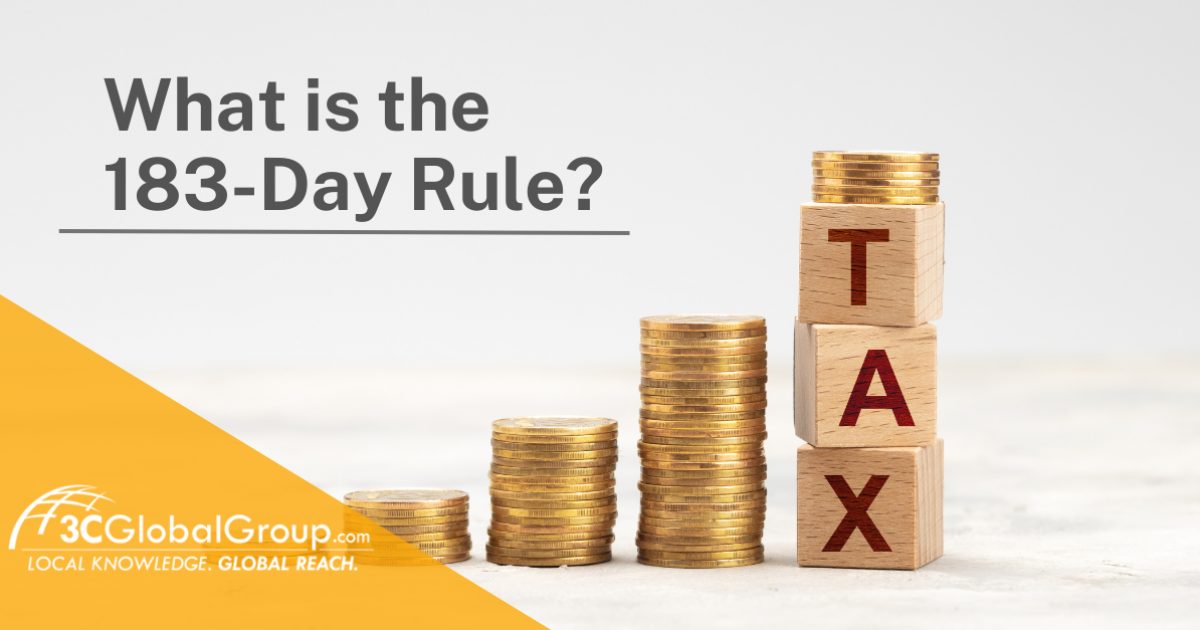
German is the official language of Germany and is spoken by the majority of the population. However, the question of what the mother tongue of the German people actually is has a more complex answer.
Germany is a country with a diverse linguistic landscape, with several different dialects and minority languages spoken throughout the country. These include Low German, Low Franconian, and Alemannic, among others. In addition, there are several recognized minority languages spoken in certain regions, such as Sorbian in eastern Germany and North Frisian in the north.
Despite this linguistic diversity, Standard German is the most widely spoken language in Germany. It is based on High German and is used in official, educational, and media contexts throughout the country. All schoolchildren in Germany are required to learn Standard German, which is also the language used in government and business.
Standard German is considered the "mother tongue" of Germany in the sense that it is the language that most Germans are taught from a young age and use in their daily lives. However, many Germans also speak a regional dialect or minority language in addition to Standard German, particularly in more rural or isolated areas.
Overall, the mother tongue of the German people can be seen as a combination of Standard German, regional dialects, and minority languages. This linguistic diversity is an important part of German cultural identity and is celebrated throughout the country.





